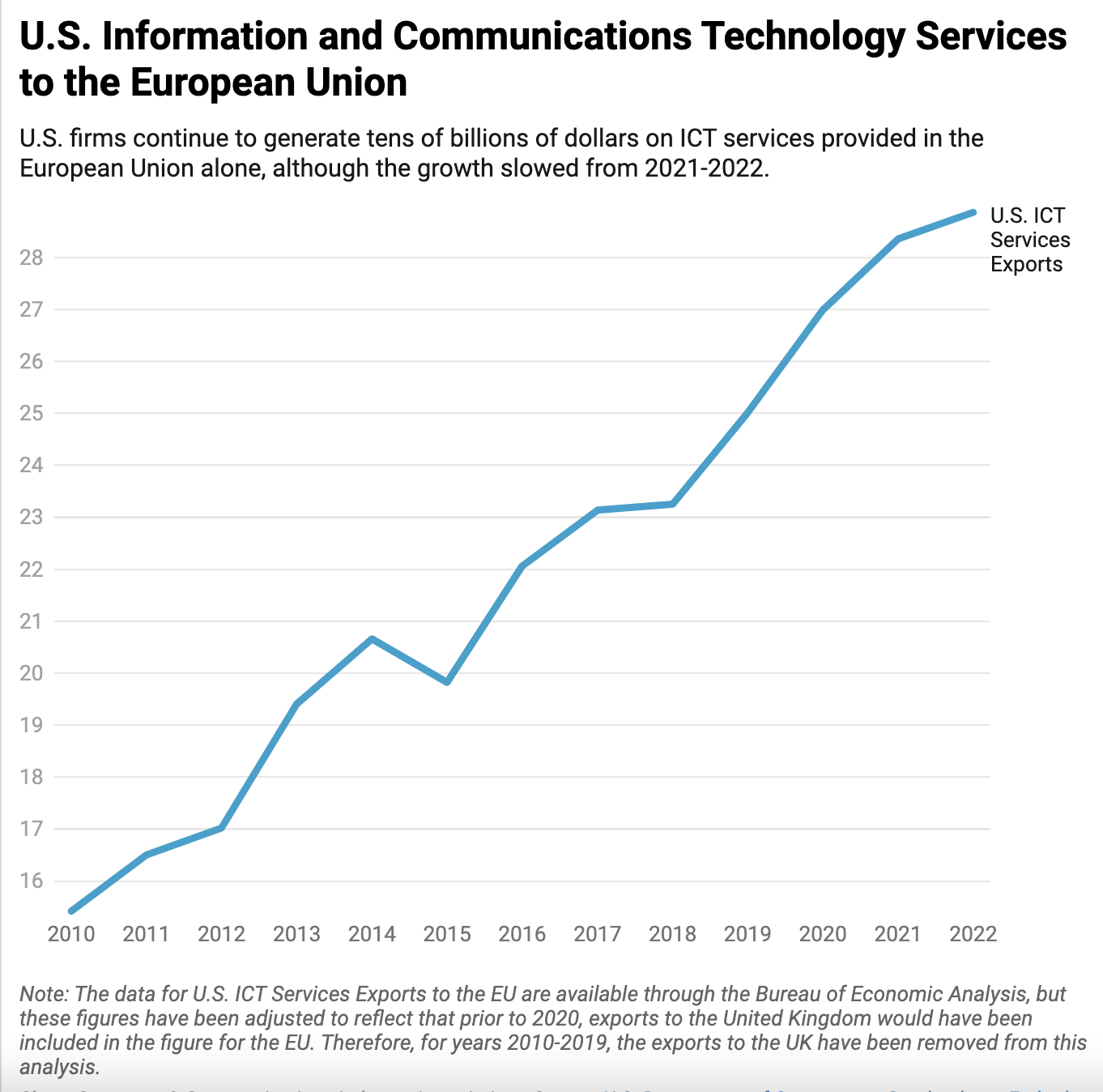Australian Regulations Detrimental to the Digital Economy: Intellectual Property (Part 4)

In this series on the Australian Competition and Consumer Commission’s (ACCC) proposed Draft News Media Bargaining Code (Draft Code), DisCo has previously covered procedural concerns with the Draft Code and analyzed it from a competition angle and a trade angle. This final post in the series will address copyright and related concerns: how forcing digital platforms to negotiate to pay news producers to display certain pieces of their content is a form of “ancillary rights,” as well as trade secret considerations.
Copyright and Ancillary Rights
DisCo’s 2014 explainer on “ancillary rights” defined this term, and provided some other names for these types of proposals:
The term “ancillary rights” is sometimes used to describe exclusive rights that provide copyright-like protection and remedies to something that is conventionally viewed to be outside the scope of copyright. Lawyers sometimes refer to similar concepts using terms like “neighboring rights” or “paracopyright.” Sort of like copyright, but not really; ancillary rights in news headlines would exist outside of (and perhaps even in violation of) the established international copyright system. These proposals have also been described more prosaically, for example as a “snippet tax” or “snippet subsidy.”
As DisCo has covered, when other jurisdictions like Spain and Germany enacted ancillary rights legislation, the result was ultimately unsuccessful — and detrimental. An economic study produced at the request of the Spanish Association of Publishers and Periodical Publications demonstrated a significant decline in online traffic for small publications as a result of the legislation. Australia’s Draft Code appears to be aimed at similar concerns from news publishers, taking a competition approach rather than through copyright legislation, but it raises similar concerns about conflicts with long-established copyright law.
Under international copyright treaties, copyright protection does not extend to short phrases or facts, and mandates that the ability to quote is not abridged. Most jurisdictions view displaying a short quotation or snippet to be permissible because it may be too short to qualify for copyright protection; it may fall under an exception to copyright law like fair use or fair dealing, including exceptions mandated by Article 10(1) of the Berne Convention, which prohibits nations from restricting the right to quote; or the copyright owner may have granted its implied consent to showing such snippets by making its work available on the Internet and not blocking its work from being indexed by search engines.
As the previous post in this series noted, creating a right to payment for content used in news aggregation services is likely in violation of this international obligation under Berne. Additionally, news publishers can already easily prevent their content from being indexed by search engines by complying with the robots.txt exclusion protocol standard. By adding two short lines of code in the header of a website, website administrators can prevent automated programs from copying headlines, snippets, or any other content from that site.
Trade Secret Protection
In addition to copyright, Australia has international commitments on trade secret protection, as required by TRIPS Article 39.2. The Concepts Paper prepared prior to the release of the Draft Code raised concerns about whether certain requirements would conflict with these commitments in Australia’s goal of remedying perceived “information asymmetries” through information disclosure obligations.
The ACCC should make clear that companies bound by any new rules are not compelled to disclose information that has commercial value within the meaning of TRIPS art. 39.2(b), and has been subject to reasonable efforts to maintain secrecy. A mandatory code that compels the disclosure of otherwise proprietary information having commercial value may be inconsistent with this obligation.
The Draft Bill and the Draft Explanatory Materials have language about not requiring “the giving of information the publication of which would reveal a trade secret,” with the latter also adding that “the obligations imposed by this minimum standard are not intended to require digital platforms to disclose trade secrets or other intellectual property to news businesses, or to share any particular user data.”
It is important that any obligation made pursuant to the notification and transparency requirements will not force companies to disclose important information that could give a competitive advantage to other competitors distorting market dynamics.








